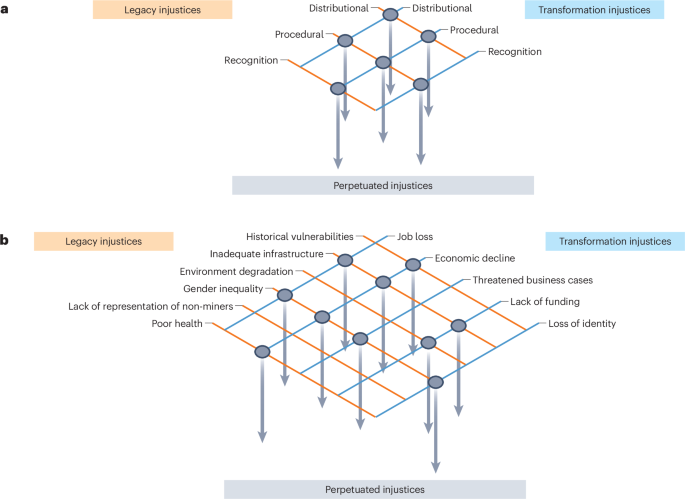Canada Post rejects binding arbitration as labor dispute intensifies
Canada Post and the Canadian Union of Postal Workers are not giving an inch in their fight over a labor contract, with Canada Post showing frustration with union leadership and opposing its call for binding arbitration. The post Canada Post rejects binding arbitration as labor dispute intensifies appeared first on FreightWaves.

Tensions in Canada’s postal service drama are worsening after Canada Post rejected a proposal by unionized mail carriers to resolve stalled contract talks with binding arbitration, adding to uncertainty about whether workers will take further action that could halt mail and parcel service across the nation.
Members of the Canadian Union of Postal Workers (CUPW) have since May 23 refused to work overtime, resulting in a limited slowdown for deliveries. The action was taken in lieu of a threatened strike when a government-imposed moratorium on pressure tactics, which ended a 32-day strike in December, expired. Many e-commerce retailers that rely on Canada Post for last-mile parcel deliveries have switched business to FedEx, UPS and a host of independent couriers, contributing to a 65% year-over-year drop in Canada Post’s parcel volumes
The CUPW on Saturday objected to Canada Post’s call for the government to go over the union’s head and conduct a member vote on its “best-and-final” offer, saying a forced vote represented an “unwarranted government intervention in the free collective bargaining process” and would not result in lasting labor peace between the parties. The union countered with a proposal for binding arbitration to resolve all outstanding issues over wages, benefits, job protection and working conditions.
During the arbitration process, employees cannot strike and the employer cannot lock out the employees. Those conditions wouldn’t apply in the event of a forced vote, according to the union.
“This refusal constitutes yet another demonstration that Canada Post Corporation is not interested in a reasonable outcome to this round of negotiation. A forced vote may fail to end the labour conflict and risks further division, prolonging uncertainty for all parties. Arbitration would end the labour dispute immediately and create certainty for all Canadians,” the CUPW said in a weekend statement.
Canada Post characterized arbitration in completely opposite terms.
“After 18 months of challenging negotiations with the Canadian Union of Postal Workers (CUPW), Canada Post is seeking a timely and fair resolution to restore stability to the postal system while ensuring employees have a voice in the process by allowing them to vote. Arbitration would be long and complicated, likely lasting more than a year. This would further extend the uncertainty experienced over the last 18 months and accelerate the company’s significant financial challenges. It would also continue to leave employees without a contract – and strip them of their right to vote on a new collective agreement,” Canada Post said in a statement, noting that the CUPW has traditionally opposed binding arbitration.
CUPW National President Jan Simpson said in an Oct. 30, 2024, message to members that binding arbitration was a Canada Post delaying tactic that would waste union dues on lawyers and arbitrators.
Canada Post needs union cooperation to make structural and operational changes to its business model in an effort to break a precipitous decline in mail and parcel volumes over many years that has resulted in $2.7 billion in losses since 2018.
A government commission last month declared that Canada Post is in a financial crisis. It recommended a series of reforms, endorsed by the postal operator, such as lowering delivery standards, flexible use of part-time employees for weekend parcel delivery and more use of community mailboxes instead of door delivery.
It placed most of the blame for the failed labor negotiations on the CUPW, saying union leadership is defending the status quo and seeking best-in-class compensation, terms and conditions.
Canada Post is pushing for dynamic structuring of delivery routes each day based on parcel volumes, load leveling among drivers to more evenly spread the workload and a lighter regulatory hand so it can lower parcel rates to more competitive levels, among other changes.
Click here for more FreightWaves/American Shipper stories by Eric Kulisch.
RELATED READING:
Canada Post asks government to hold employee vote on contract offer
Small businesses at risk as Canada Post workers prepare to strike
The post Canada Post rejects binding arbitration as labor dispute intensifies appeared first on FreightWaves.




















































































































































